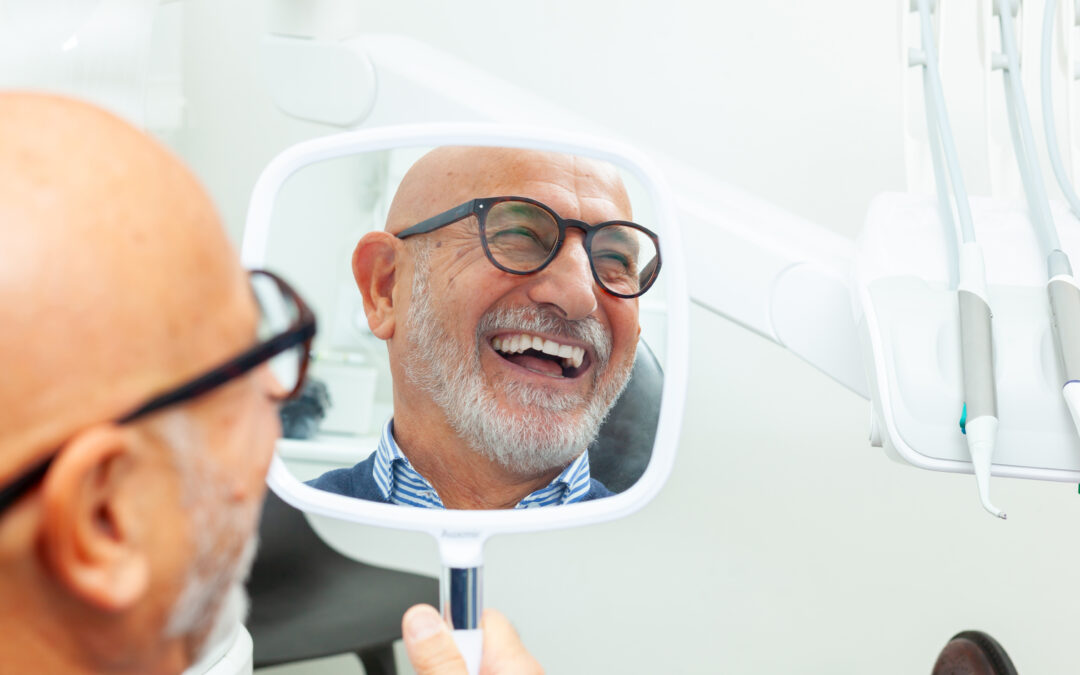As we age, taking care of our teeth and gums becomes more critical. Good oral hygiene not only keeps your smile bright, but it’s also closely linked to your overall health. Poor oral health has been connected to conditions like heart disease, diabetes, and respiratory infections. But the good news? With a few consistent habits and smart choices, seniors can maintain healthy teeth and gums well into their golden years.
Here are some simple yet effective oral health care tips every senior should follow:
1. Brush Twice Daily with the Right Technique
Yes, it’s advice we’ve heard all our lives, but it’s especially crucial now. Use a soft-bristled toothbrush and fluoride toothpaste. Gently brush for at least two minutes, morning and night. Consider an electric toothbrush if dexterity is an issue; it can do a better job with less effort.
2. Don’t Forget to Floss
Flossing once a day helps remove plaque and food particles your toothbrush can’t reach. If traditional floss is tough to handle, try floss picks, interdental brushes, or a water flosser.
3. Stay Hydrated
Dry mouth (xerostomia) is a common side effect of many medications seniors take. Saliva helps protect your teeth and wash away bacteria, so a dry mouth can increase the risk of cavities. Sip water throughout the day, chew sugar-free gum, or ask your dentist about saliva substitutes if needed.
4. Schedule Regular Dental Checkups
Whether you have your teeth, wear dentures, or have no teeth at all, regular dental visits are important. Your dentist can check for signs of oral cancer, gum disease, and other issues in addition to the regular tests. Aim for a checkup at least twice a year.
5. Eat Tooth-Friendly Foods
A balanced diet rich in calcium, vitamin D, and phosphorus helps keep teeth strong. Avoid sugary snacks and sodas as they can cause cavities and erode enamel. Instead, opt for crunchy fruits and veggies that naturally help clean teeth.
6. Care for Dentures Properly
If you wear full or partial dentures, clean them daily with a denture brush and soaking solution. Remove them at night to let your gums rest and reduce the risk of infection.
7. Be Alert to Changes
Watch for any changes in your mouth like sores, bleeding gums, loose teeth, or persistent bad breath and report them to your dentist. Early detection can make a big difference.
8. Avoid Tobacco
We know you’ve heard it all before, but avoiding tobacco is always the best choice for your health! Smoking and tobacco use can lead to gum disease, tooth loss, and even oral cancer. Quitting can greatly improve your oral and overall health.
9. Consider Fluoride Treatments
Maintaining the health of your natural teeth is very important. At this stage of life, your dentist may recommend fluoride treatments to strengthen enamel and prevent decay, especially if you’re at higher risk for cavities.
10. Don’t Skip Oral Hygiene with Implants or Bridges
If you have dental implants or bridges, treat them with the same care as natural teeth. Brush, floss, and clean around them carefully to prevent plaque buildup and infection.
A healthy mouth is a key part of aging well. With regular care and professional support, seniors can enjoy comfort, confidence, and smiles that last a lifetime. So keep brushing, stay hydrated, and never underestimate the power of a great grin!

